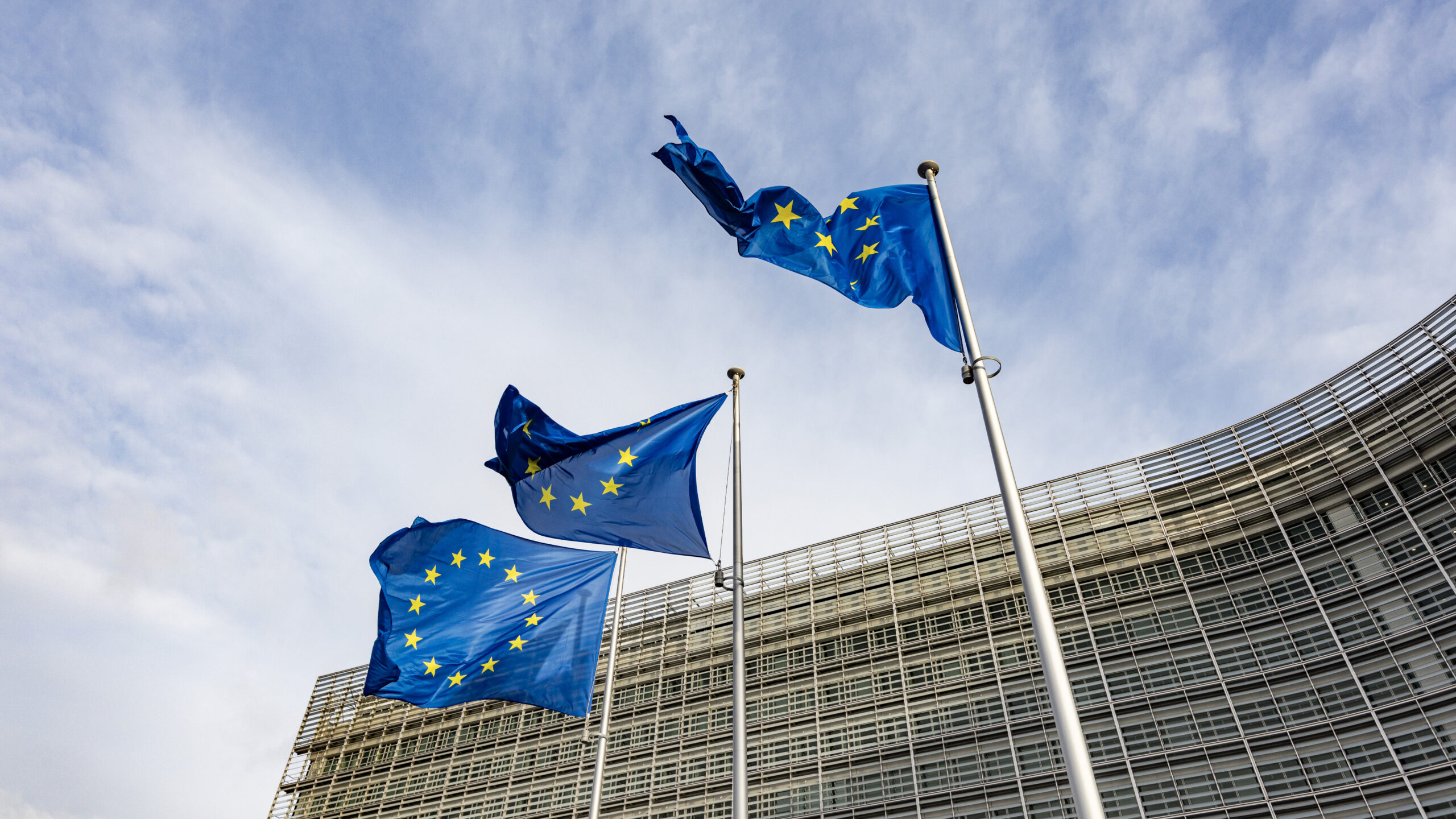

The latest edition of our Sustainable Views newsletter
Dear reader,
EU ESG laws and their application to practices and companies outside Europe’s borders are causing increasingly fractious responses. Its Carbon Border Adjustment Mechanism and anti-deforestation regulation have already provoked the ire of various countries. Now it is the turn of the EU Corporate Sustainability Due Diligence Directive and the EU Packaging and Packaging Waste Directive, which both advanced through the EU policy labyrinth last week, and whose impacts are being questioned.
The China Chamber of Commerce to the EU commented after the CSDDD was approved by EU member states on Friday that: “While we recognise the vital role of corporations in advancing a sustainable economy and society, and the significance of promoting responsible corporate practices across global trade and supply chains, we remain deeply concerned about the CSDDD’s implications.”
It said it was “particularly worried about the increased bureaucracy and the unbalanced, disproportionate, and ambiguous obligations imposed on businesses by the CSDDD rules”.
Meanwhile, the packaging waste law text agreed by EU ambassadors on Friday, includes the sentence that imports of recycled plastic for packaging into the EU “should be subject to equivalent conditions with regard to emissions and separate collection and sustainability criteria for recycling technologies” as that produced in the EU.
The CSDDD could still come unstuck if MEPs decide to vote against it but it is generally expected, in its watered-down version, to become law, with significant impacts for all companies operating in the bloc.
The EU imported 96 per cent of its solar panels from China in 2022. Research published by the UK’s Sheffield Hallam University in November 2023 suggests that despite improvements, “most solar module manufacturers remain exposed” to sourcing from the Uyghur Region in China “where millions of Uyghurs and other Turkic ethnic groups face mass oppression”.
Balancing the need to speed up the energy transition, manage global trade obligations and meet commitments to better protect the climate, nature and human rights is going to be an increasingly bumpy ride.
Inside the EU, disagreement about the amount of red tape needed to deliver ESG commitments has long been a source of heated debate. The European Commission’s proposals on Friday to weaken environmental standards under the Common Agricultural Policy, or in EU-speak to introduce “targeted flexibilities”, are a case in point.
EU agriculture commissioner Janusz Wojciechowski says the changes will “reduce administrative burdens for farmers and reinforce fairness in the food supply chain”; while Faustine Bas-Defossez, nature, health and environment director at non-profit European Environmental Bureau, says they will “endanger the future viability of European farming and food security”.
Indeed, environmentalists in Europe argue the farming sector is being let off the hook in terms of meeting climate and nature targets, with potential risks for businesses and their ESG commitments.
A report published today by UK non-governmental organisation Feedback accuses Vanguard, BlackRock and Capital Group of leading investments in big livestock companies, whose emissions, it says, are at odds with the Paris Agreement. The report accuses five companies, JBS, Marfrig, Cargill, Tyson Foods and Minerva, of producing an estimated 595mn tonnes of carbon dioxide a year, “more than the total emissions of the UK and Ireland”. To mask such facts, “livestock companies are increasingly resorting to creative accounting, pulling the wool over investors’ and regulators’ eyes”, it adds.
It is not only the agro-industry sector that is being accused of trickery. Protesters outside the UN International Maritime Organization in London this morning were manifesting their dissent about suggestions that liquid natural gas could be accepted as a valid, cleaner alternative to the highly polluting fossil fuels currently used to power ships. Countries are meeting at the IMO this week to continue negotiations on a potential shipping levy and green fuel standard.
Finally, Alexis McGivern and Ranjita Rajan from the University of Oxford argue in today’s Opinion that professional service providers should start taking responsibility for the greenhouse gas emissions that may occur as a result of their advice. They would like your feedback on guiding principles that they believe can help ensure “serviced emissions” are in line with climate commitments.
Until tomorrow,
Philippa
Philippa Nuttall is the editor of Sustainable Views
Similar Articles

Editor’s note: inconvenient truths

Editor’s note: winds of change


